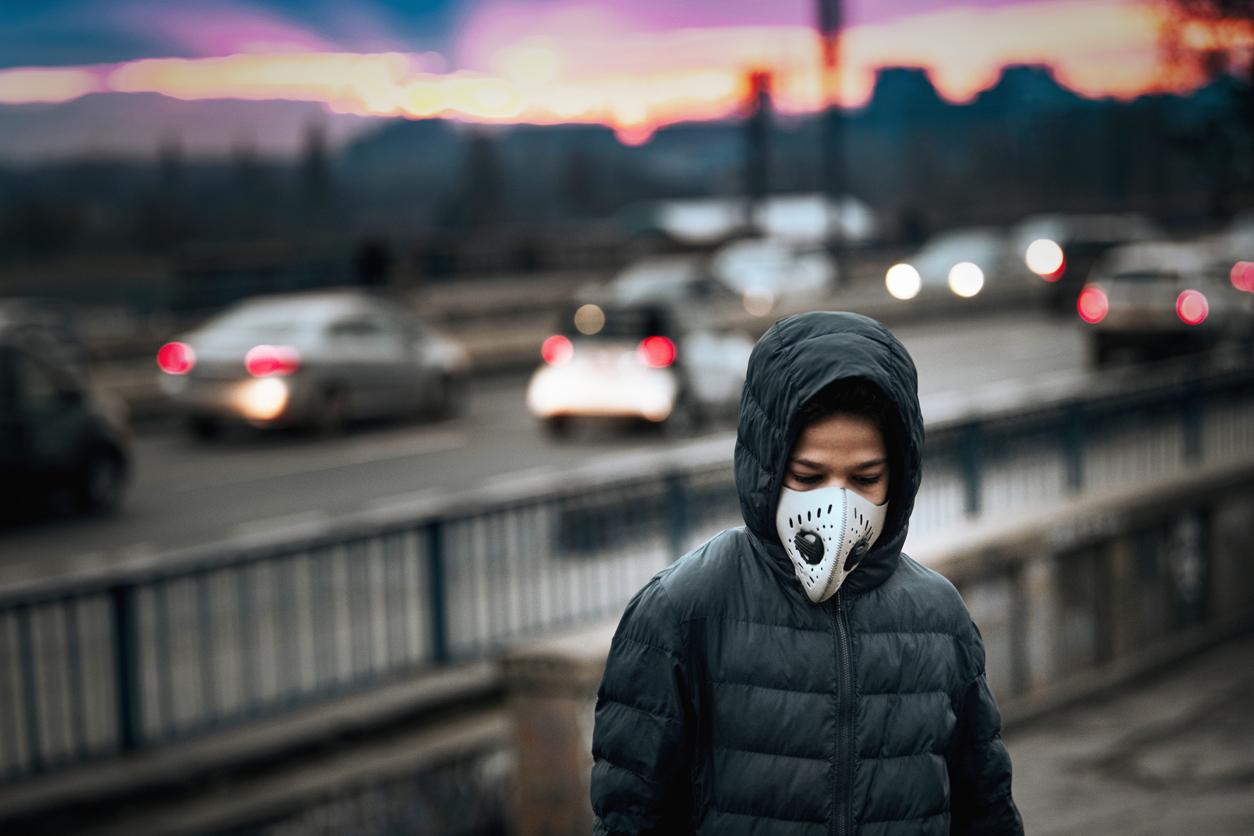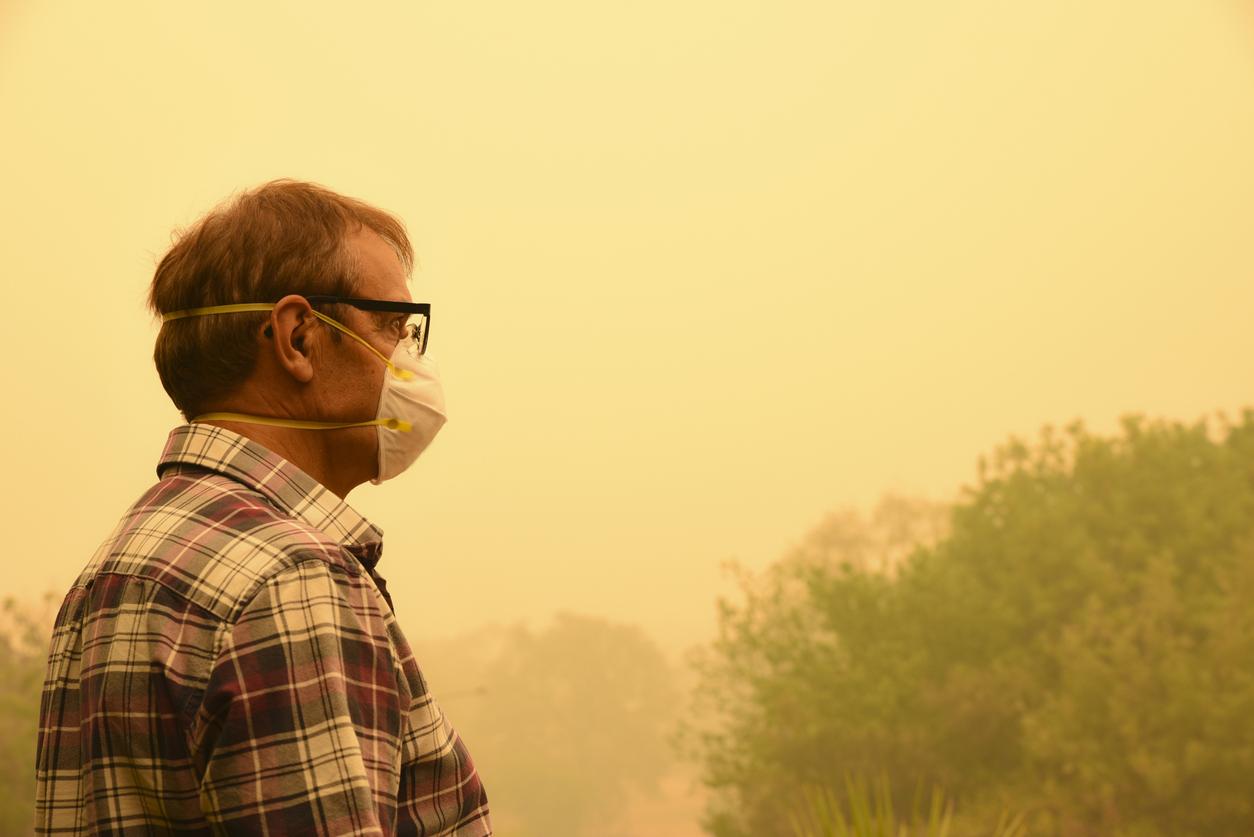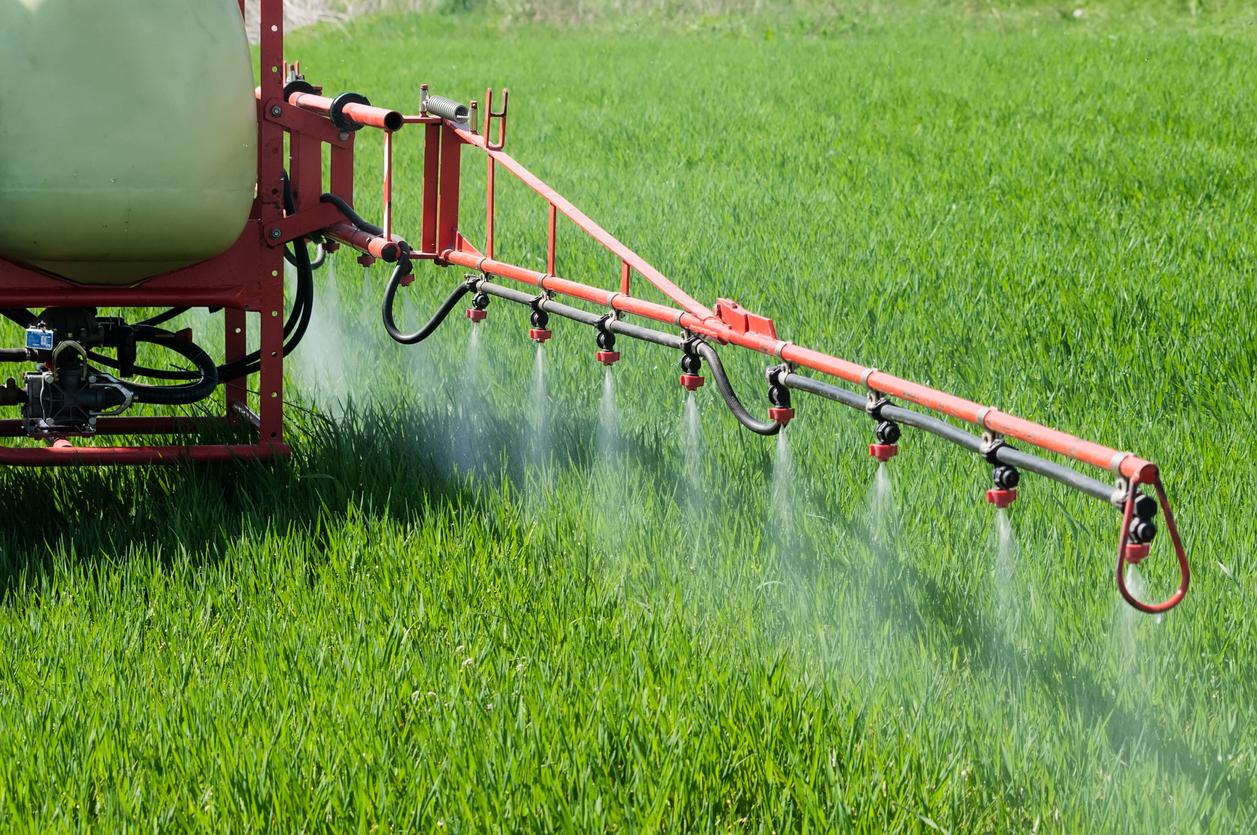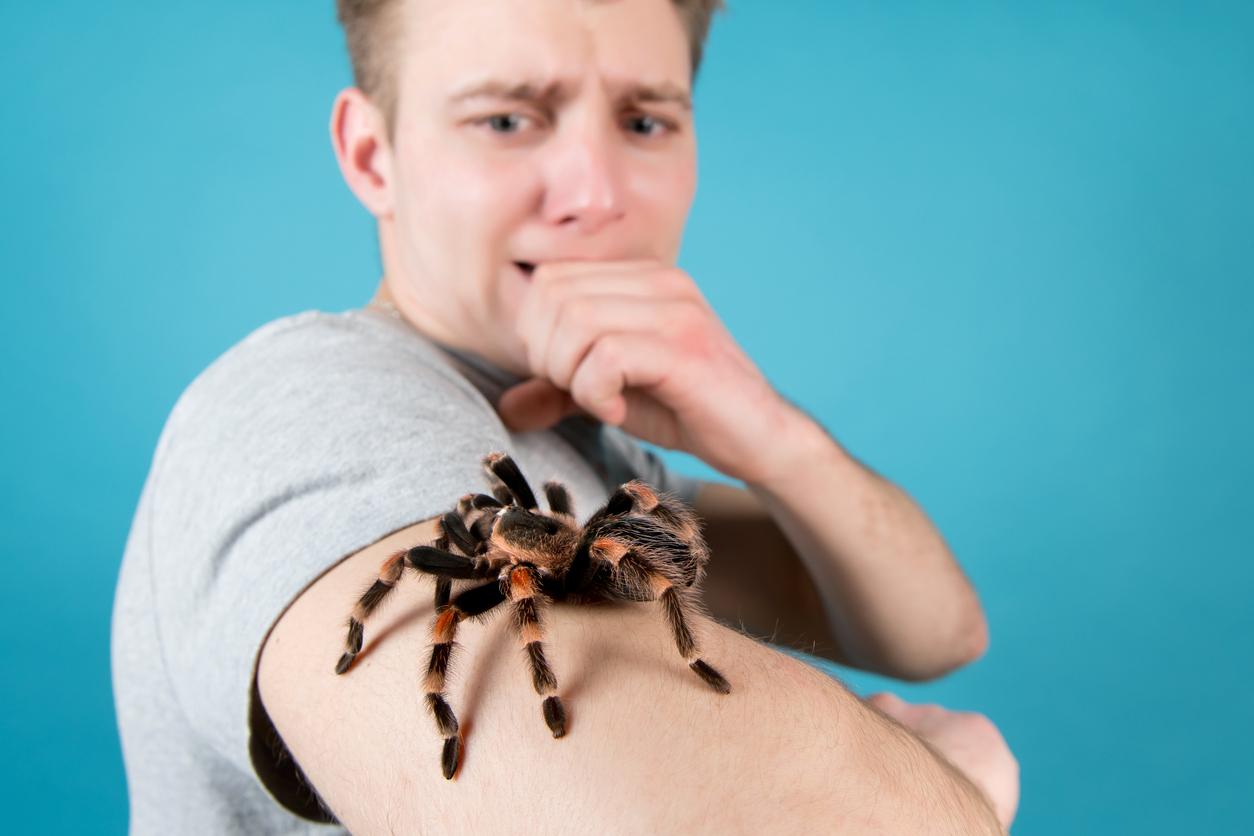75 American scientists may have been exposed to anthrax. Safety measures were not respected within the laboratories, according to the internal investigation.
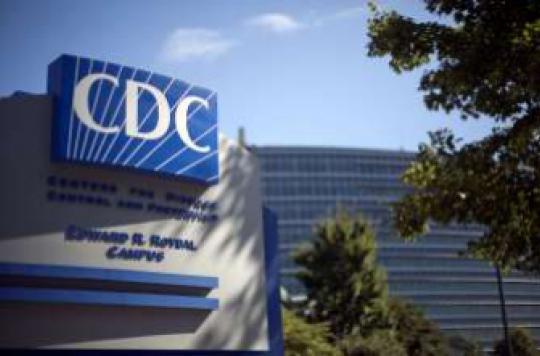
The specter of anthrax resurfaces in the United States. 75 to 86 staff at the Centers for Disease Control (CDC) were reportedly accidentally exposed to the anthrax bacillus (bacillus anthracis) on June 13, the CDC announced in a press release. They are currently on antibiotics for prevention, and remain under surveillance.
The accident occurred in 3 laboratories on the Roybal campus of the CDC, security level 3. An internal investigation determined that 2 of the laboratories “were not equipped to keep the bacillus anthracis living. The third prepared the samples for these less secure labs. Supposed to deactivate the bacillus, he did not follow the procedure. Staff from the other two sections, believing they were handling a non-living anthrax, did not wear the appropriate protective equipment.
No risk of contamination
It was the next day, noting a growth in anthrax, that scientists sounded the alarm. But the damage was done: there is a risk that the bacillus spores have been vaporized in the air. “Environmental sampling has been carried out, the areas of the laboratory and the corridors have been decontaminated and the laboratories will be reopened when they are safe again,” the CDC said. “The CDC is continuing its internal investigation to determine why the validated procedures were not put in place by the laboratory. Disciplinary action will be taken, and the entire security protocol will be reviewed.
In addition, all people at risk of exposure are on preventive antibiotic treatment. Because without early treatment, anthrax is fatal. It is an old terror which resurfaces for the country: in 2001, letters containing the anthrax bacillus were sent to several recipients, killing 5 people. However, this case should not worry: “The public should not be afraid that the disease can be transmitted to them because it is not transmissible to humans. You have to come into contact with animals or you have to inhale it, ”public health expert Dr. Philip Brachman told Reuters.
.










